Greetings to God’s Beloved People,
This is the time that we witness the depth of God’s amazing love for us most clearly. I hope that as we come to the end of our 40 days of Lent and make our final preparations for Holy Week that you have been richly blessed in this journey. I certainly have.
I have so enjoyed watching us try to learn how to fold the complicated origami butterflies as our community discipline. I came face to face with all the feelings that surround me when I am learning something new and my own frustrations at not taking the time to read all of the instructions, guessing and hoping I did it right, not wanting to appear stupid and adding the word ‘torture’ to the “discipline” bulletin board. And I was reassured that I was not alone as I watched the origami folding on Wednesdays and Sundays as people tried and failed and succeeded and I watch some become teachers and some take the instructions and paper home to try in solitude or with the help of YouTube. I am grateful for Nicole’s instructions and her patience. I am grateful for this community of faith and our willingness to try.
Due to the blessing of Intern Nicole and her faithful leadership, I was able to take some time in the “wilderness” of Iowa, Nebraska and Colorado to spend some time on Copper Mountain. It was good to be away for a bit of time and in the “wilderness”. As Lydia and I drove across these states with their familiar landscapes and smells and some flooding at the Platte River, I also delighted in seeing a cowboy on horse, out early in the morning checking the spring calves. And as we drove through the mountains I was in awe of the beauty of God’s creation and human ingenuity to make a path not only through the mountains but also in the delight to be able to traverse the mountains through chair lifts and skis. And to conclude this time with being in the most perfect place to experience sunset and full moon rise on the plains of Nebraska. It was breathtaking to see multitude of colors everywhere I looked. My whole being was filled in this “wilderness” experience.
I was gifted with teaching Psalm 104 in our adult class which affirmed my experience with God’s creation. Take a read through this Psalm and see if it encourages you to trust God. When I look at the creation of this world and spend time in it, I can’t but help think of God’s amazing creativity and artistry. And why wouldn’t I trust God with all that I am as I look at God’s creation?
Then within just a couple of days, I came across two different Lenten devotions (SE Iowa Synod & ELCA Worship) that used the same Japanese illustration, “Kintsugi”, the art of putting broken pieces back together with gold creating a more beautiful and durable piece of art. Barbara Bloom states that “they believe that when something breaks and has suffered damage and has a history it becomes more beautiful.”
I look at the beauty that God brought to us, to humanity, to our brokenness, our history and added God’s kind of gold. God became one of us by entering into the very fullness of our humanity. Jesus entered into the hurt of our humanity and our death and created beautiful new life for us. So I take a new look at my sin, my brokenness and my rough edges, knowing that the Holy Spirit meets me here to do some amazing work. I know this because of this journey in the wilderness and the witness of Jesus.
Believing It Boldly Loving Expansively,
Pastor Connie Spitzack


